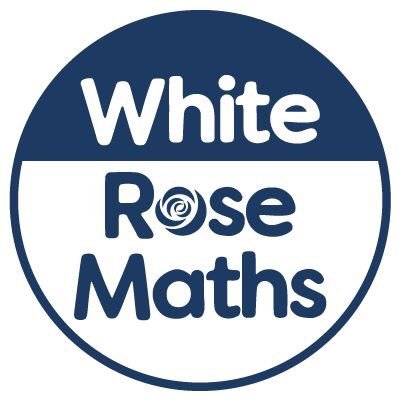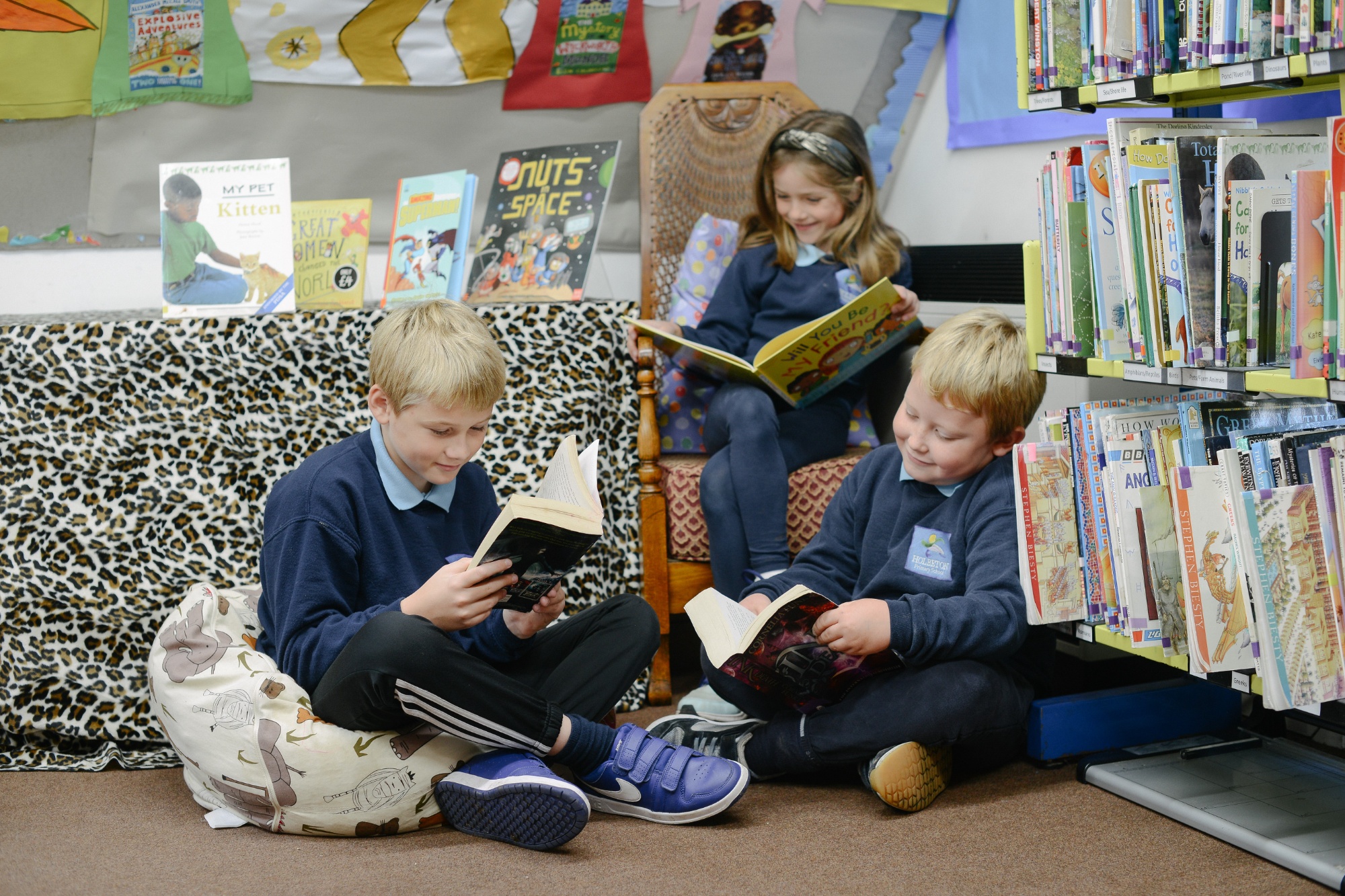Maths
Our approach to teaching mathematics at Holbeton Primary School is guided by the White Rose Maths schemes of learning. Our goal is to make maths engaging, enjoyable, and accessible for all students, fostering a deep understanding of mathematical concepts and skills.

What is White Rose Maths?
White Rose Maths is a comprehensive programme that provides structured, high-quality resources and lesson plans for teaching maths. It is designed to support a mastery approach, ensuring that all students develop a solid foundation in mathematics. The scheme is widely recognised for its effectiveness in promoting mathematical fluency, problem-solving, and reasoning.
Key Features of Our Maths Programme
-
Small, Sequential Steps:
- Lessons are broken down into small, manageable steps to ensure that every child can follow along and build their understanding gradually. This helps to prevent gaps in knowledge and supports long-term retention.
-
Concrete, Pictorial, Abstract (CPA) Approach:
- We use a CPA approach to help children understand mathematical concepts.
- Concrete: children use physical objects to explore mathematical ideas.
- Pictorial: Visual representations such as pictures and diagrams help to illustrate concepts.
- Abstract: children move to using numbers and symbols to represent mathematical ideas once they have a solid understanding.
- We use a CPA approach to help children understand mathematical concepts.
-
Problem Solving and Reasoning:
- Our lessons encourage children to think critically and solve problems. They learn to explain their reasoning, justify their answers, and approach problems from different angles. This not only enhances their mathematical understanding but also develops their critical thinking skills.
-
Fluency:
- We focus on developing students' fluency with numbers and operations. Regular practice helps students to become confident and efficient in their calculations, allowing them to tackle more complex problems with ease.
-
Adaptations:
- Lessons are adapted to meet the needs of all learners. Activities ensure that all children are supported and challenged appropriately.




